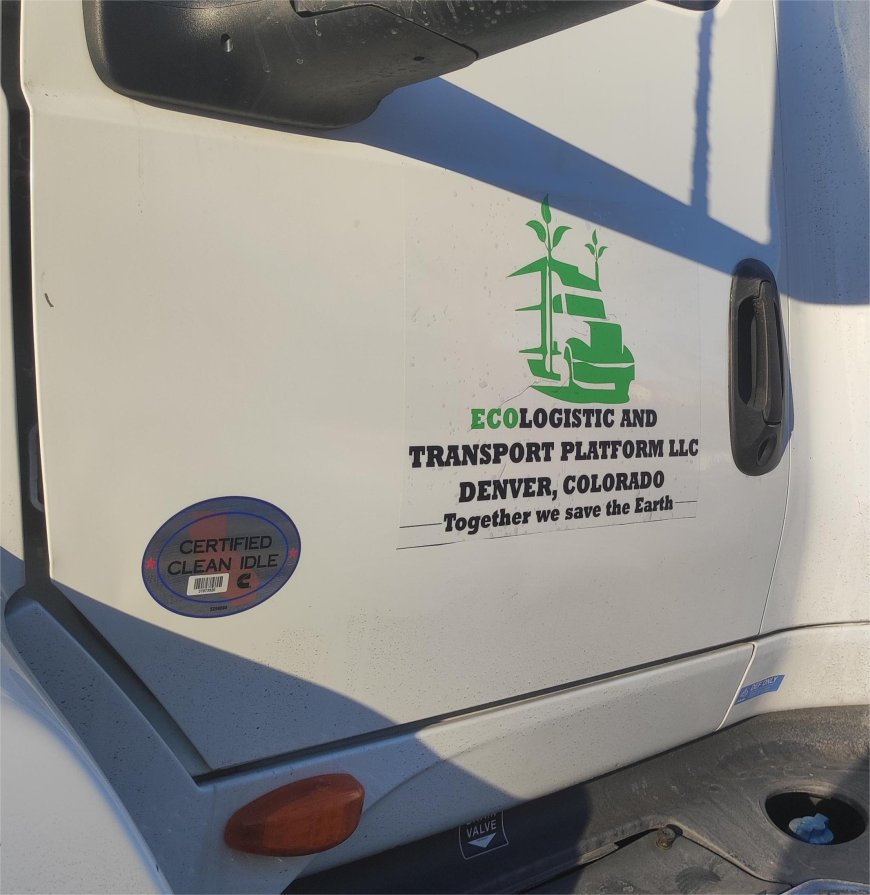Ecology in transportation

Transportation plays a vital role in our modern society, allowing people and goods to move around the world. However, it has become clear that transportation also has a significant impact on the environment. This has led to a closer look at how we can make transportation more sustainable by incorporating ecological principles into our planning and technology.
One of the major concerns with transportation is its contribution to greenhouse gas emissions and air pollution. When vehicles burn fossil fuels, they release carbon dioxide and other greenhouse gases into the atmosphere, which contribute to global warming and climate change. Additionally, these emissions can harm human health and ecosystems. The construction of roads and other infrastructure can also disrupt natural habitats, affecting wildlife migration and biodiversity.
To address these challenges, there are several ecological innovations being explored and implemented. Electric vehicles and electric public transportation options are becoming more popular, as they reduce reliance on fossil fuels and lower emissions. Advances in battery technology and the expansion of charging infrastructure are making electric vehicles more accessible. Alternative fuels, such as biofuels, hydrogen, and synthetic fuels, are also being developed as promising alternatives to traditional gasoline and diesel.
Promoting public transportation and active travel, such as walking and cycling, can help reduce the number of individual vehicles on the road, leading to lower emissions and reduced traffic congestion. Designing transportation infrastructure with ecological considerations in mind, such as incorporating green roofs on bus stations and wildlife crossings, can also mitigate environmental impacts. Compact, walkable cities with mixed-use developments can reduce the need for long commutes and encourage the use of public transportation. Smart technologies, like intelligent transportation systems, use data and technology to optimize traffic flow, reduce congestion, and improve fuel efficiency.
However, there are challenges that need to be addressed in order to fully implement these innovations. Transitioning to sustainable transportation requires significant investment in new infrastructure and technologies, and ensuring equitable access to these resources is crucial. The environmental benefits of electric vehicles also depend on the source of electricity, so shifting to renewable energy sources is essential. Encouraging people to adopt sustainable transportation practices involves overcoming social and psychological barriers, which can be addressed through public awareness campaigns and incentives.
Integrating ecological principles into transportation is not a one-size-fits-all solution, but rather requires a multifaceted approach tailored to local contexts and needs. Collaboration among governments, businesses, and individuals is key to driving progress. Policymakers should support regulations that promote green technologies and sustainable practices, while communities and businesses can lead by example and advocate for change.
In summary, achieving ecological sustainability in transportation involves a combination of technological innovation, thoughtful planning, and behavioral change. By addressing the environmental impacts of transportation and embracing sustainable practices, we can move towards a future where mobility and ecology coexist harmoniously.
What's Your Reaction?




























































:strip_icc():format(webp)/kly-media-production/medias/5082523/original/082651200_1736234619-patrick.jpg)














































